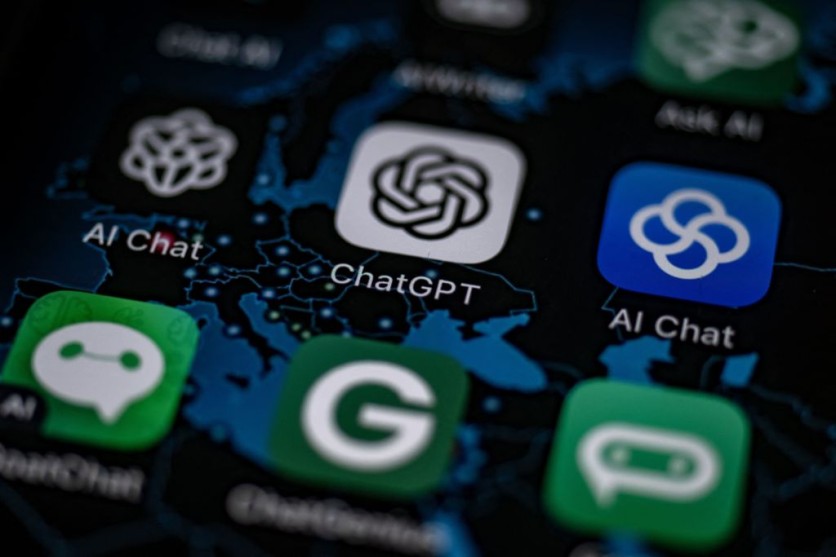Artificial intelligence regulation proposals in various American states are facing a multitude of struggles. Various groups and the concerned industry at large are all reportedly contending for the primary components of the legislation.
Lawmakers from Colorado, Connecticut, and Texas gathered Thursday to argue for their policies. Labor unions and consumer advocacy organizations are urging firms to be more transparent and to provide individuals with broader legal grounds to sue for AI discrimination.
The sector is expressing cautious support but is standing firm on accountability measures. In the face of congressional delay, a bipartisan coalition of politicians from Alaska, Georgia, and Virginia has been working on AI legislation together.

(Photo: OLIVIER MORIN/AFP via Getty Images) This illustration shows the AI (artificial intelligence) smartphone app ChatGPT surrounded by other AI apps in Vaasa on June 6, 2023.
On Thursday, they highlighted their efforts across states and stakeholders, highlighting the relevance of AI legislation and the necessity for collaboration and compromise to minimize regulatory discrepancies among states. They also claimed that the legislation represents a starting point that may be expanded upon in the future.
The most significant laws proposed by this team of senators provide a comprehensive framework for supervision, notably around one of technology's most perplexing quandaries: AI discrimination.
Examples include one AI that failed to appropriately evaluate Black medical patients and another that devalued women's credentials when filtering employment applications.
Nonetheless, the Equal Employment Opportunity Commission believes that up to 83% of firms utilize algorithms to assist with recruiting.
If nothing is done, these AI systems will nearly always be biased, according to Suresh Venkatasubramanian, a Brown University computer and data science professor who teaches a class on bias mitigation in algorithm design.
Read Also: UK Considering AI Regulation with Updates from AI Safety Institute Amid Legislation Drafting
AI Legislation Across States
AI legislation only continues to increase, as claimed by a recent study. According to research by the Voting Rights Lab, a nonpartisan voting rights monitor, AI's fast growth has prompted various governments to implement safeguards against it, all in preparation for future AI-riddled elections.
The Voting Rights Lab reported that it was tracking over 100 pieces of legislation in 39 state legislatures that included provisions targeted at limiting the ability of AI to produce election disinformation.
The bill comes in the wake of many high-profile cases involving "deep-fake" video technology, computer-generated avatars, and voices used in political campaigns and ads.
AI Safety Regulation
Safety testing of artificial intelligence models is also expected to take a united and shared approach from the United States and the United Kingdom after the two governments' recent announcement of a collaboration to ensure safe AI research.
The two national AI safety testing committees will develop a common approach for AI safety testing that requires the usage of the same methodologies and supporting infrastructure.
According to a news release, the institutes want to perform a joint testing exercise on an AI model that is available to the public. The organizations would attempt to exchange employees and share information following national laws, regulations, and contracts.
Related Article: Congressman Pursues Master's Degree in Machine Learning for AI Regulation Understanding

(Photo: Tech Times)
ⓒ 2025 TECHTIMES.com All rights reserved. Do not reproduce without permission.




